
Social Contexts
Understanding the Context
Social contexts refer to significant life circumstances that shape a child’s upbringing and wellbeing. These include parental divorce or separation, social or geographical isolation, and children living in out-of-home care (OOHC). These situations often involve disrupted attachment relationships, emotional instability, and reduced access to extended family or community support networks (AIHW, 2023). Children from these contexts may experience trauma, inconsistent routines, and limited opportunities for positive social interaction.
Relevance in Early Childhood Education
In Early Childhood Education (ECE), social contexts strongly influence a child’s emotional regulation, behaviour, learning capacity, and ability to form relationships with peers and educators. Educators play a crucial role in creating a safe and supportive environment that fosters resilience and a sense of belonging (DEEWR, 2009). Understanding each child's background helps educators apply trauma-informed practices and tailor strategies to meet the child's emotional and developmental needs.
Theoretical Lens
Attachment Theory (Bowlby): Secure attachments are foundational for healthy emotional development. Disrupted family relationships can affect a child’s ability to form secure bonds with educators and peers.
Bronfenbrenner’s Ecological Systems Theory: Highlights how family, community, and societal factors interact to influence child development.
Social Capital Theory: Emphasises the importance of social connections and trust in supporting wellbeing, which may be lacking in socially disadvantaged families.
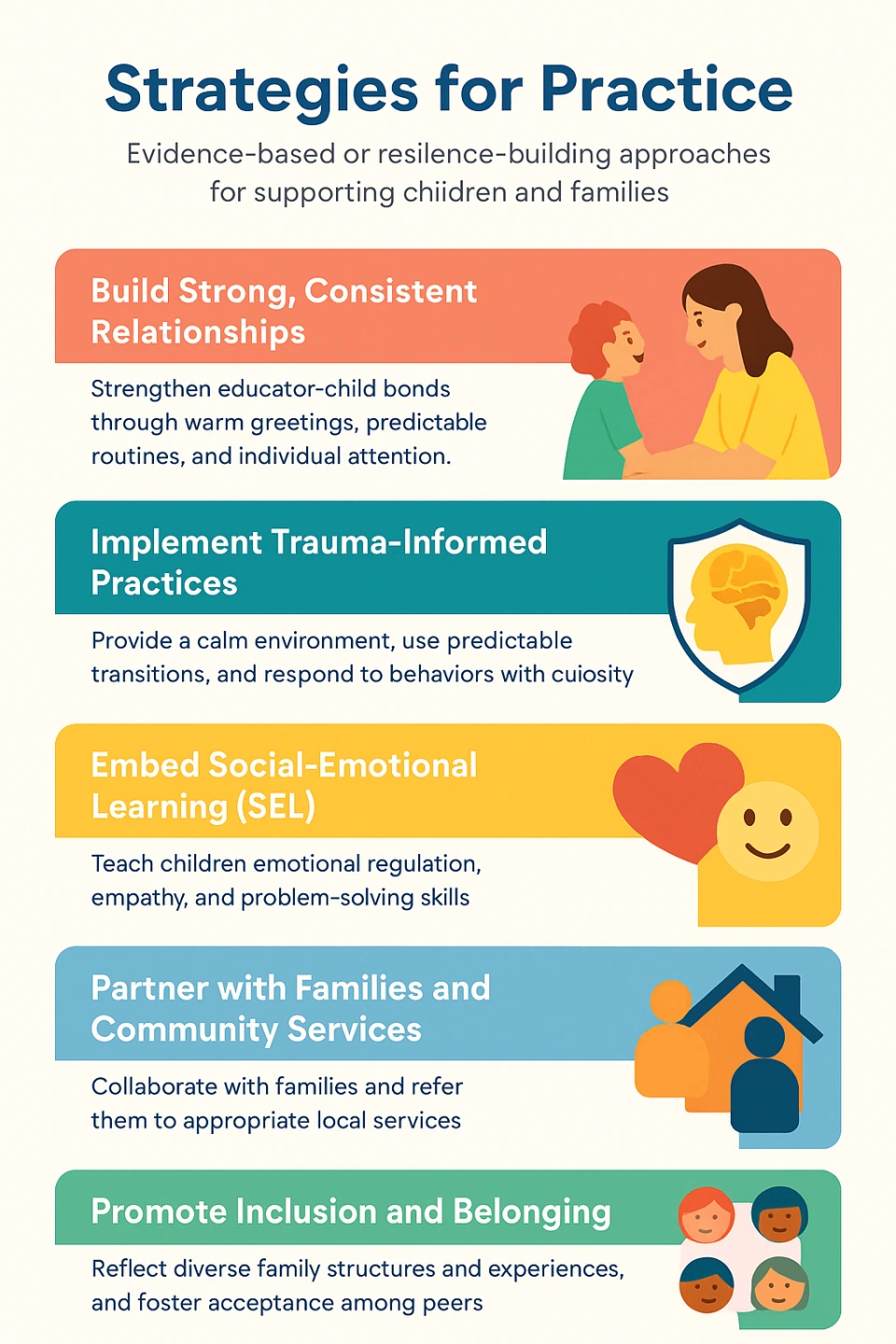
Contemporary Reflection
Today, rising divorce rates, increasing regional isolation, and the growing number of children in out-of-home care highlight the urgency of addressing social challenges in early childhood settings. In 2023, approximately 46,000 children were in OOHC in Australia, and many families living in remote or rural areas reported limited access to early childhood services and support networks (AIHW, 2023). COVID-19 has further exacerbated social isolation, especially for vulnerable families.
Impact on Children and Families
Children may experience anxiety, withdrawal, aggression, or difficulty trusting others.
Inconsistent routines and unstable caregiving arrangements can affect sleep, nutrition, and engagement in learning.
Families undergoing separation or living in isolation may have reduced capacity to engage with educators and services.
Children in OOHC may display attachment issues and require additional support to develop secure relationships.
Children may experience anxiety, withdrawal, aggression, or difficulty trusting others.
Inconsistent routines and unstable caregiving arrangements can affect sleep, nutrition, and engagement in learning.
Families undergoing separation or living in isolation may have reduced capacity to engage with educators and services.
Children in OOHC may display attachment issues and require additional support to develop secure relationships.
Social Policy and Australian Responses
National Framework for Protecting Australia’s Children (2009–2020) – aims to improve the safety and wellbeing of children in OOHC.
National Standards for OOHC – promote consistent care and development of children in foster and kinship care.
Inclusion Support Program – provides funding and support for services to include children with additional needs, including those from socially disadvantaged backgrounds.
Community and Professional Partnerships

The Smith Family
Role: A national children’s charity providing education support programs for disadvantaged children.
How they collaborate:
Partner with early childhood services to identify families in financial hardship.
Offer access to the Learning for Life program, which includes scholarships, school essentials, and personal support workers.
Educators can refer families and coordinate support for consistent participation in education.

Mission Australia
Role: Provides early intervention services, family support programs, and housing assistance.
How they collaborate:
Work with educators to support families experiencing housing stress, separation, or domestic violence.
Offer parenting programs, case management, and mental health referrals.
Can be invited to speak at staff meetings or community info sessions.

Centrelink Social Workers
Role: Assist families experiencing crisis with emergency payments, referrals, and emotional support.
How they collaborate:
Educators can guide families to Centrelink for crisis payments, especially during relationship breakdowns or financial instability.
Social workers can provide letters of support or information for service adjustments.
Can collaborate on intervention plans for at-risk families.
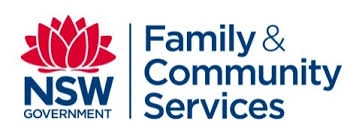
Local Family and Community Services (FACS / DCJ)
Local Family and Community Services (FACS / DCJ)
Role: Responsible for child protection, out-of-home care, and family support.
How they collaborate:
Early childhood educators may work closely with caseworkers for children in OOHC, contributing to care team meetings and support plans.
Share observations to help assess the child’s needs and stability.
Participate in joint training on mandatory reporting and trauma-informed practice.
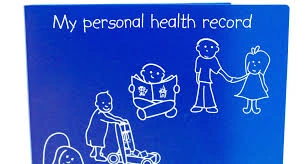
Child and Family Health Nurses
Role: Provide health, development checks, and parenting support to families with young children.
How they collaborate:
Conduct joint home visits or onsite health checks with educators.
Offer support to families with new babies, isolated parents, or those struggling post-separation.
Collaborate on early intervention plans and referrals to allied health services (e.g., speech, OT).
Resources for Educators and Children
Projects, Programs, or Websites
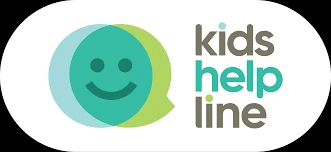
Kids Helpline
Offers free 24/7 counselling for children and families. Educators can use it to access professional advice and recommend it to families in distress. Helps children feel safe knowing someone is always available to talk.
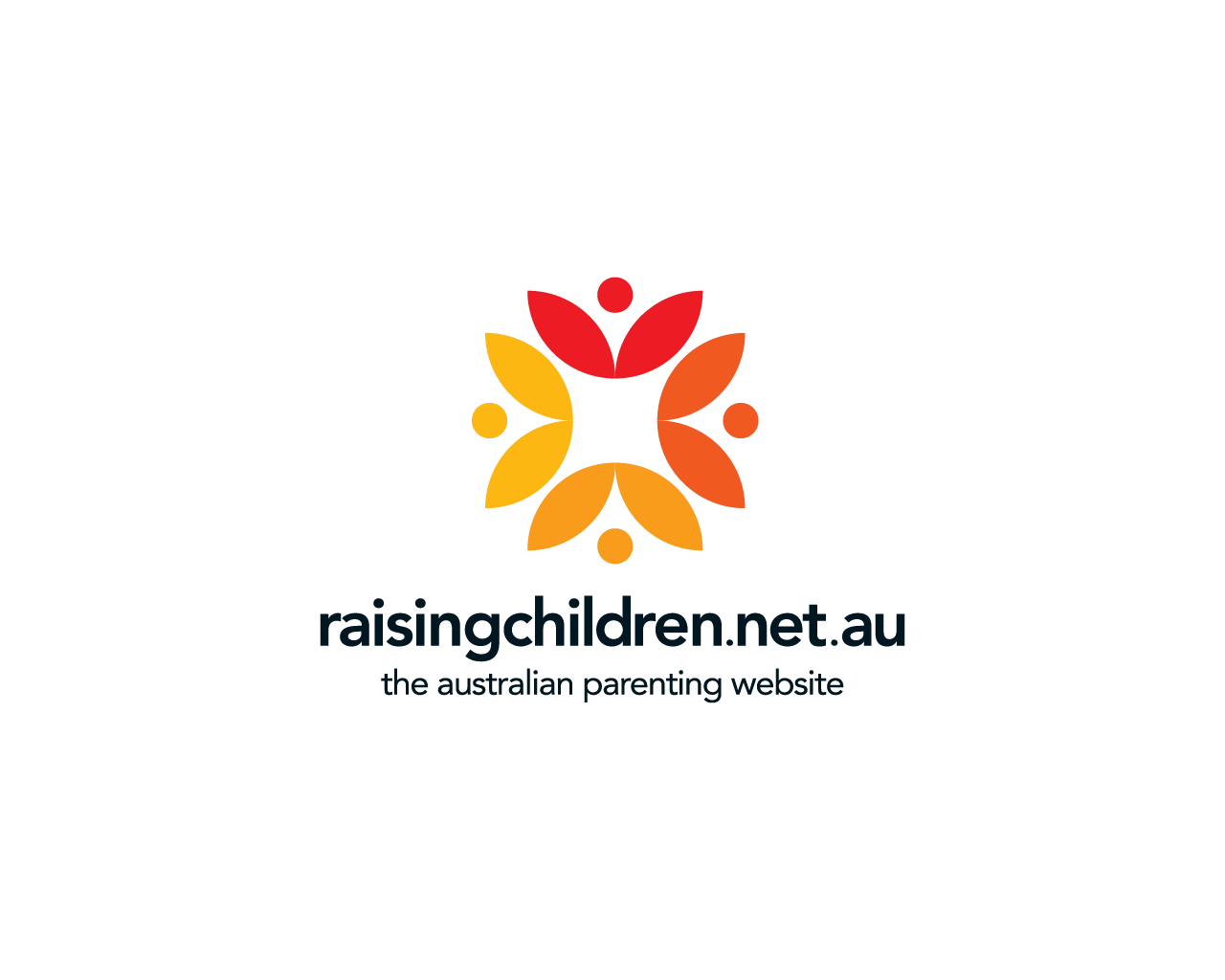
Raising Children Network
A comprehensive resource for families and educators, covering separation, behaviour, trauma, and social-emotional development. Can be used to guide communication strategies and offer targeted advice to families.
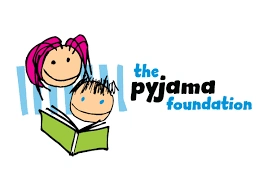
The Pyjama Foundation
Provides literacy and mentoring support to children in out-of-home care. Promotes confidence and continuity in learning by providing volunteer “reading buddies.” Educators can refer families or partner with the program.
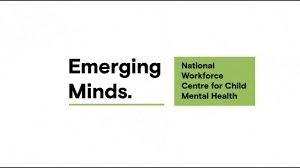
Emerging Minds
Focuses on children's mental health with toolkits for educators and carers. Offers training to help ECE professionals respond to children affected by trauma, separation, and social isolation.
Storybooks:
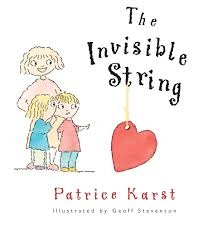
“The Invisible String” by Patrice Karst
Helps children understand that love remains even when people are physically apart (e.g. due to divorce or separation). Encourages emotional security and connection.
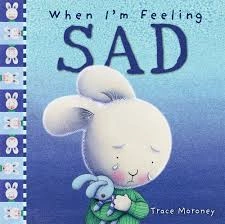
“When I'm Feeling Sad” by Trace Moroney
Explores the feeling of sadness and how to express it in healthy ways. Encourages emotional literacy and reassurance during difficult times.
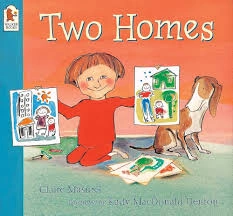
“Two Homes” by Claire Masurel
A gentle story about a child with divorced parents, showing that both homes are loving. Helps normalise family diversity and supports transitions.
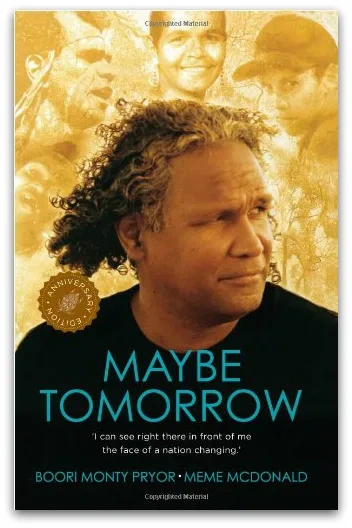
“Maybe Tomorrow?” by Boori Monty Pryor & Dub Leffler
Tells the story of grief and healing using a child-friendly metaphor. Encourages empathy and understanding of emotional pain and recovery.
Children’s Videos, Educational Shows, or Podcasts
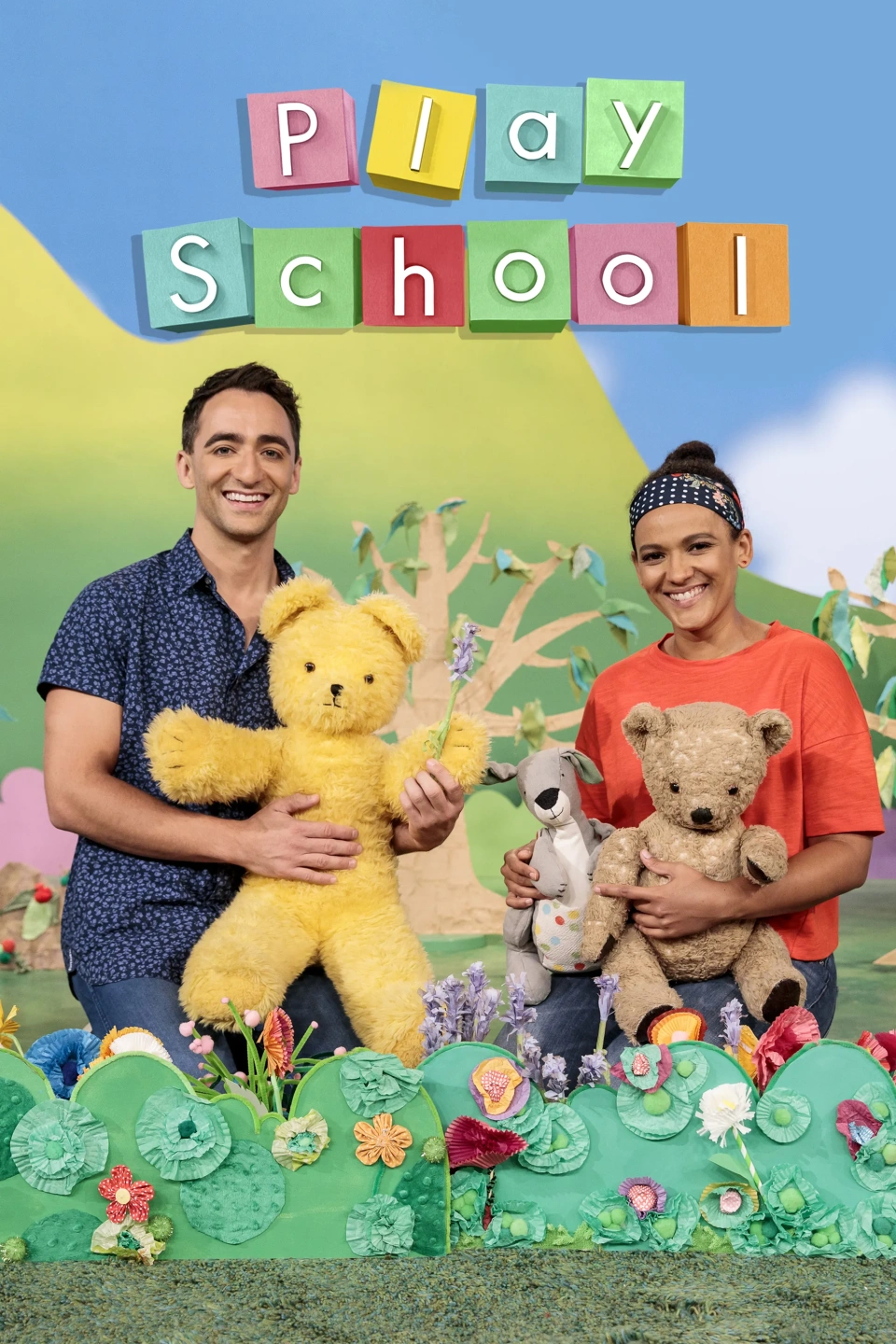
“Play School – Special: Hello Friends!” (ABC Kids)
Addresses changes in routines and feelings of isolation through songs, stories, and reassurance. Promotes belonging and emotional safety.
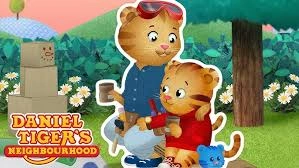
“Daniel Tiger’s Neighbourhood” (ABC Kids / YouTube)
Teaches social-emotional skills like expressing feelings and dealing with change. Can be used in group settings to spark discussions and build resilience.
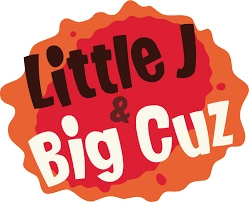
“Little J & Big Cuz” (NITV)
An Indigenous animation series that reflects diverse families and community support. Supports cultural inclusion and identity for all children.
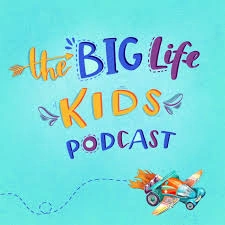
“Big Life Kids” Podcast
Episodes explore a growth mindset, resilience, and dealing with emotions. Educators can play short clips during group time to encourage reflection and conversation.
How These Resources Promote Understanding, Empathy, and Resilience
Understanding: Storybooks and media expose children to diverse family structures and emotional experiences in age-appropriate ways, helping them recognise and accept their own and others’ situations.
Empathy: Characters experiencing sadness, change, or loneliness help children identify emotions in others and develop compassion.
Resilience: Programs like Kids Helpline and The Pyjama Foundation provide safe spaces and support networks. Educational shows like Daniel Tiger offer strategies children can imitate to cope with challenges.